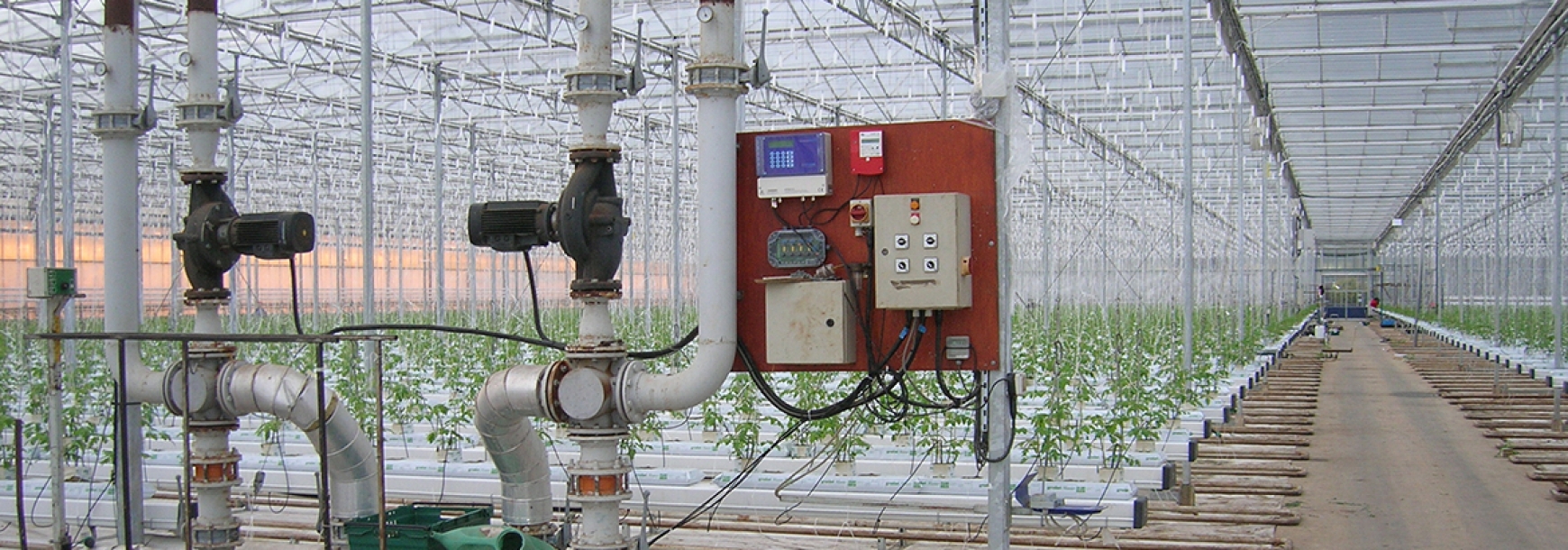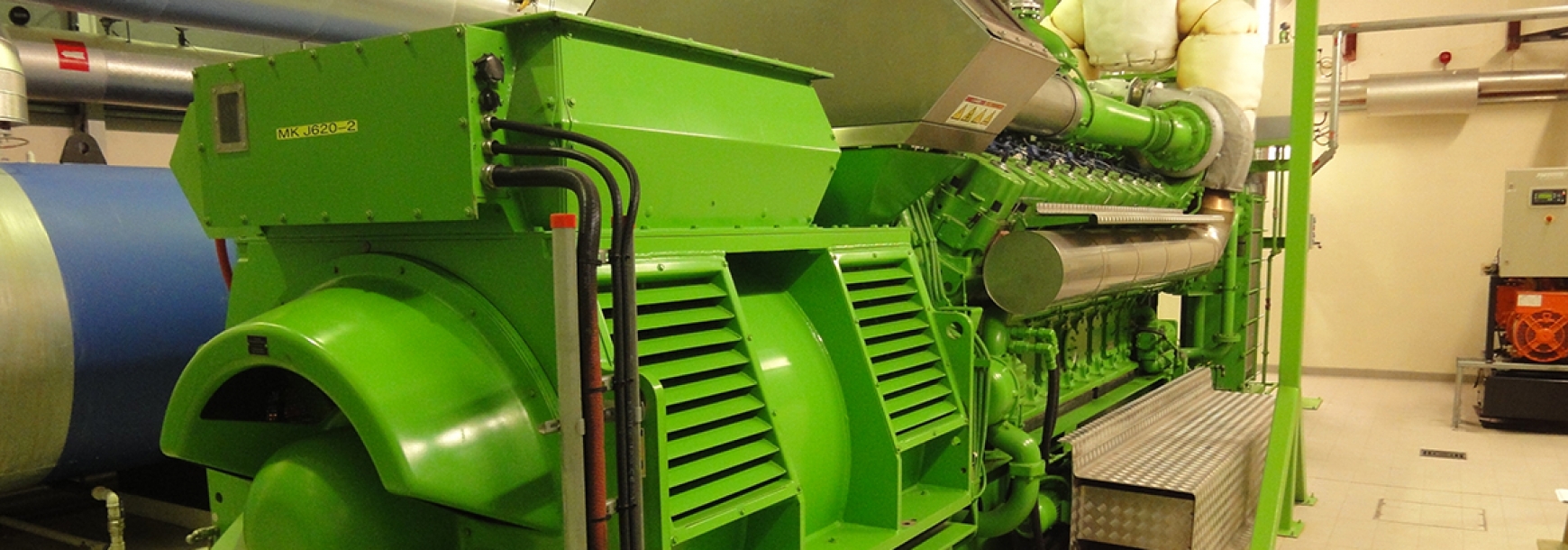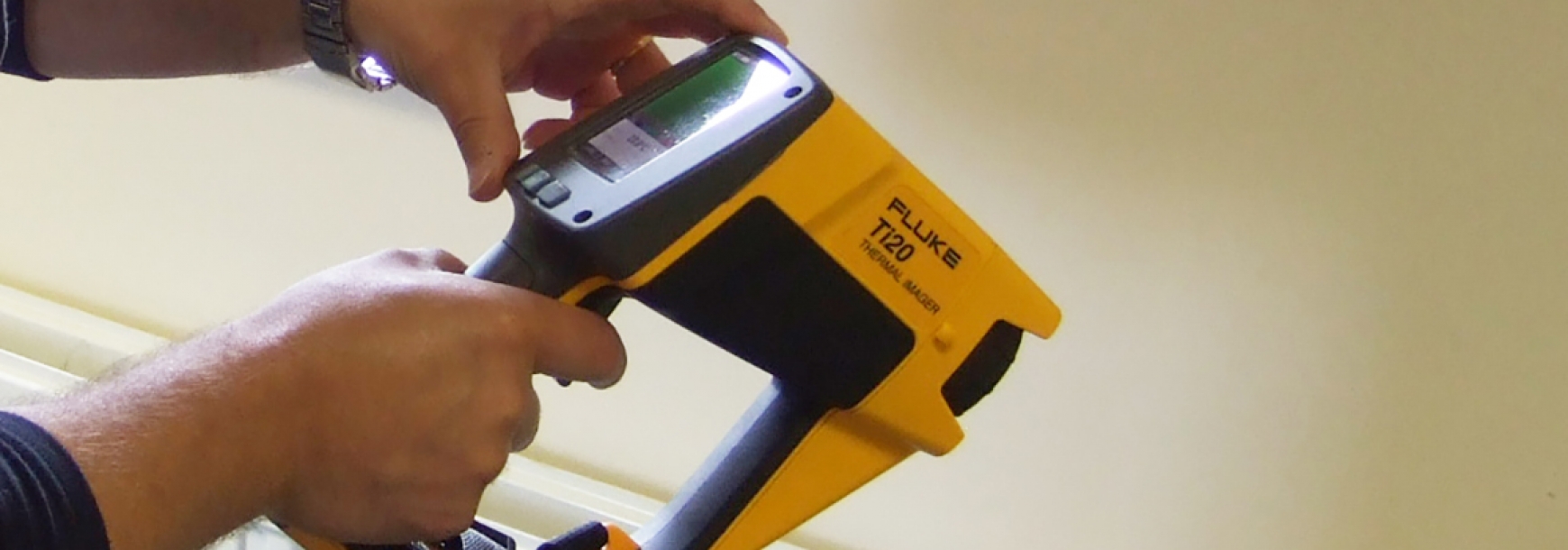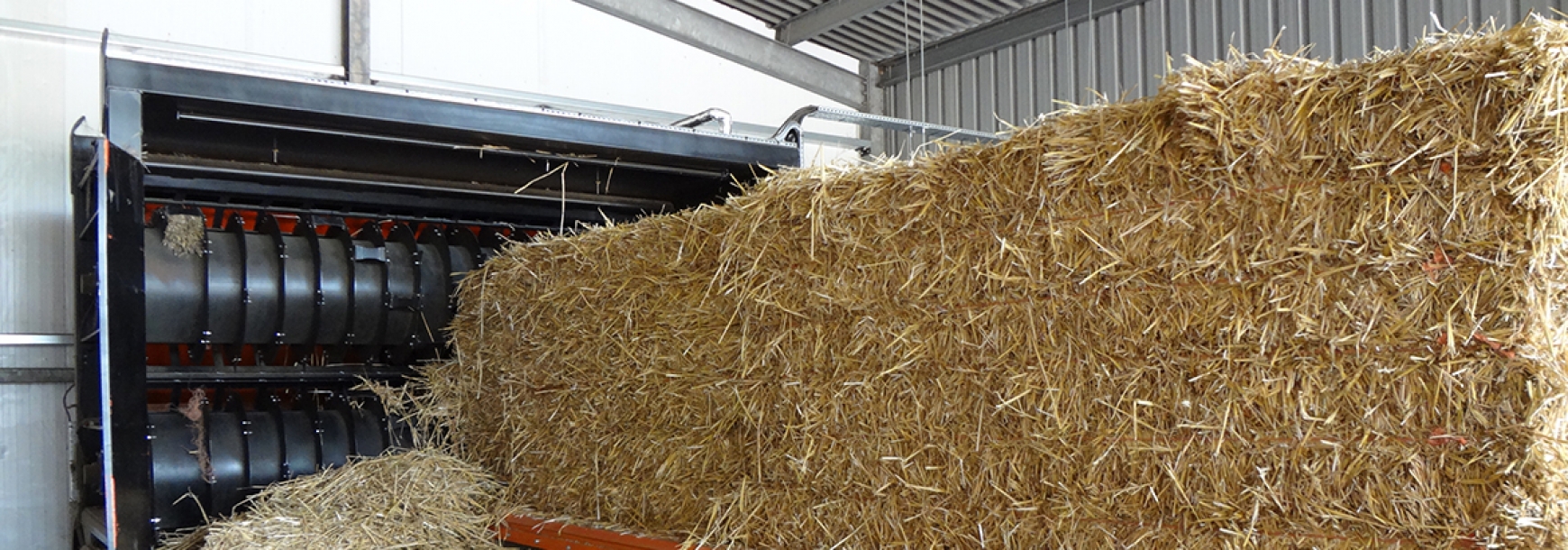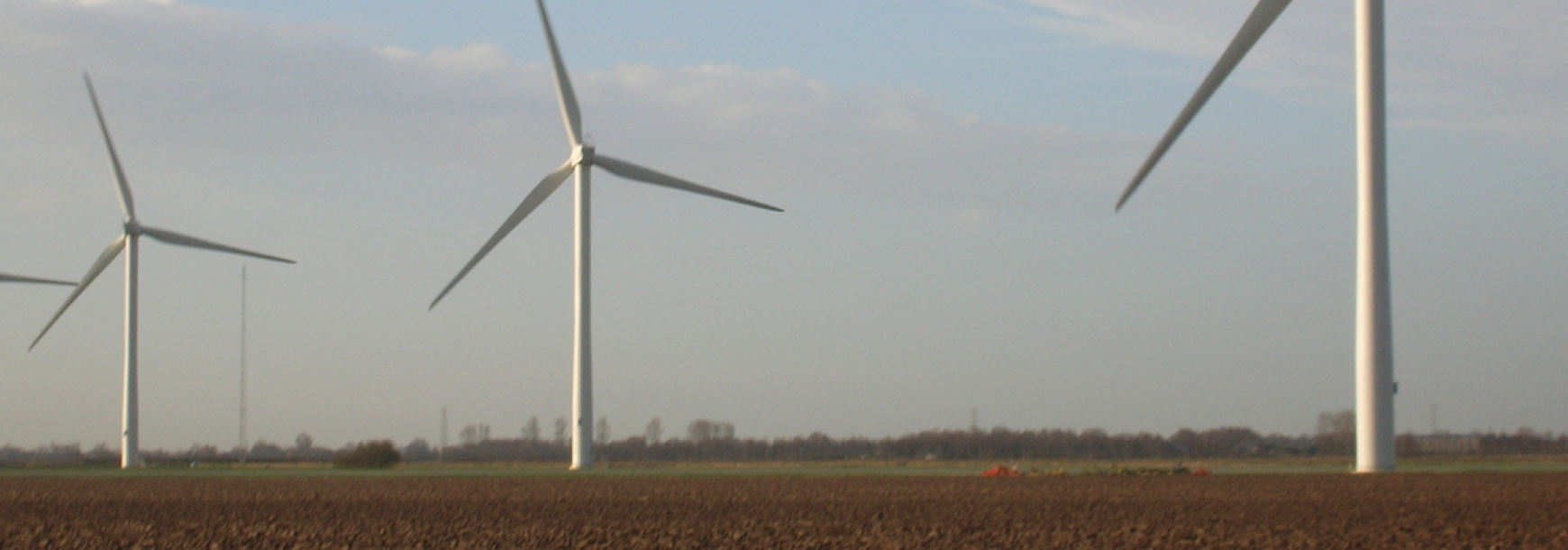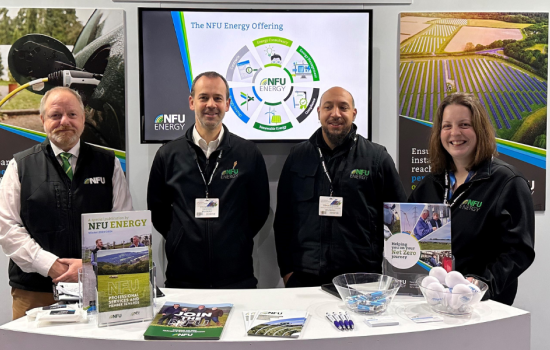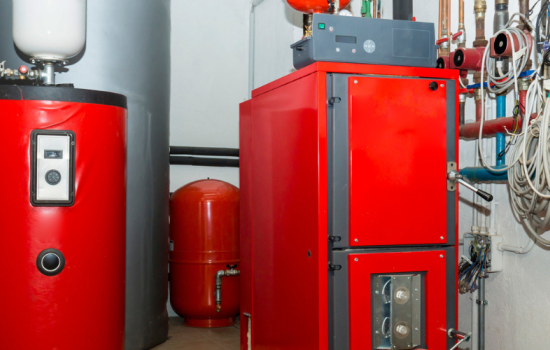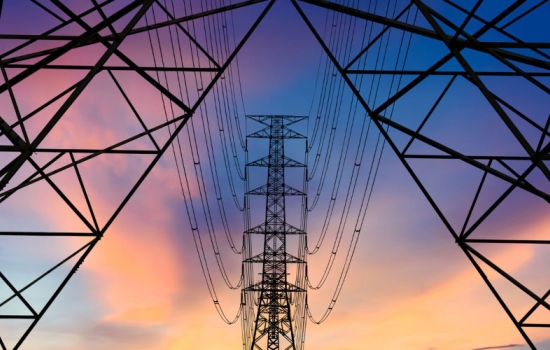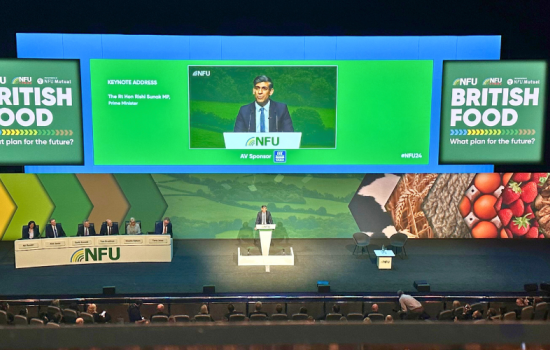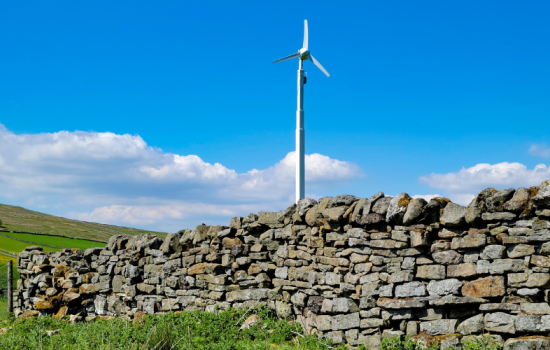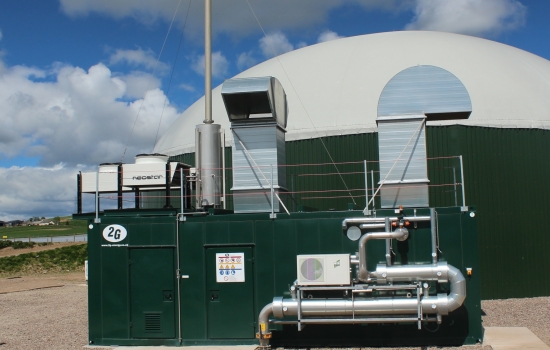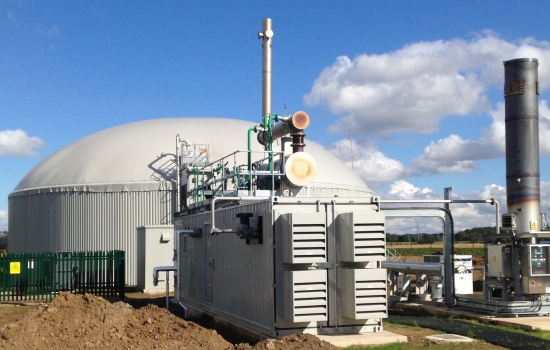
iQ Properties
iQ Property Partnership own 13 student accommodation sites across the UK. We manage 48 utility accounts for them, covering Electricity, Gas and Water, handling bill checking, new contract negotiation and metering.
Heat Metering Regulations 2014 Explained
You may need to comply with the Heat Network (Metering and Billing) Regulations 2014 if you are a commercial or domestic property landlord and you provide heating, cooling or hot water to multiple buildings via a district heating network or to tenants in a multi-let property via a communal heating
Are TRIADs coming to an end?
Proposals being considered by OFGEM may significantly reduce TRIAD income for embedded generators (EG).
Carbon Reduction Commitment registration and return
The Vitacress Group are leading growers and packers of salads and speciality vegetables.
The CRC: a regulator's dream - a user's nightmare
I never realised until now what a nightmare the Carbon Reduction Commitment (CRC) Energy Efficiency Scheme has become. Not only is its name too long, its rulebook is too - a cool 257 pages to be precise.
A short guide to the CRC
The Carbon Reduction Commitment Energy Efficiency Scheme, or CRC as it is commonly referred to, compels large energy users to make annual payments according to the amount of carbon emissions they make through energy use.
What is the Climate Change Levy?
The Climate Change Levy (CCL) is a tax charged on the electricity, gas, LPG, coal and coke used by businesses in the UK. However, some businesses that are in energy intensive sectors are able to apply for a discount. This discount is given in return for achieving agreed energy saving targets.
Our guide to the Energy Savings Opportunity Scheme
The Energy Saving Opportunity Scheme (ESOS) was introduced by the Government in response to a European Union directive on energy reporting. The aim of the scheme is to reduce the UK’s carbon emissions by making it compulsory for large businesses to identify energy saving measures.
Biomass sustainability criteria
From autumn 2015, all Renewable Heat Incentive (RHI) participants need to report evidence to Ofgem that the fuel they burn is sustainable.
All about FiTs
The Feed-in Tariff (FiT) is a government subsidy paid for renewable electricity generation and is a fixed payment per kilowatt-hour (kWh) of electricity generated. The rate paid varies by technology and also by size of project, with small to medium scale installations receiving higher rates.
Displaying 11 - 20 (of 36 posts)
Pages
Displaying 11 - 20 (of 36 posts)


